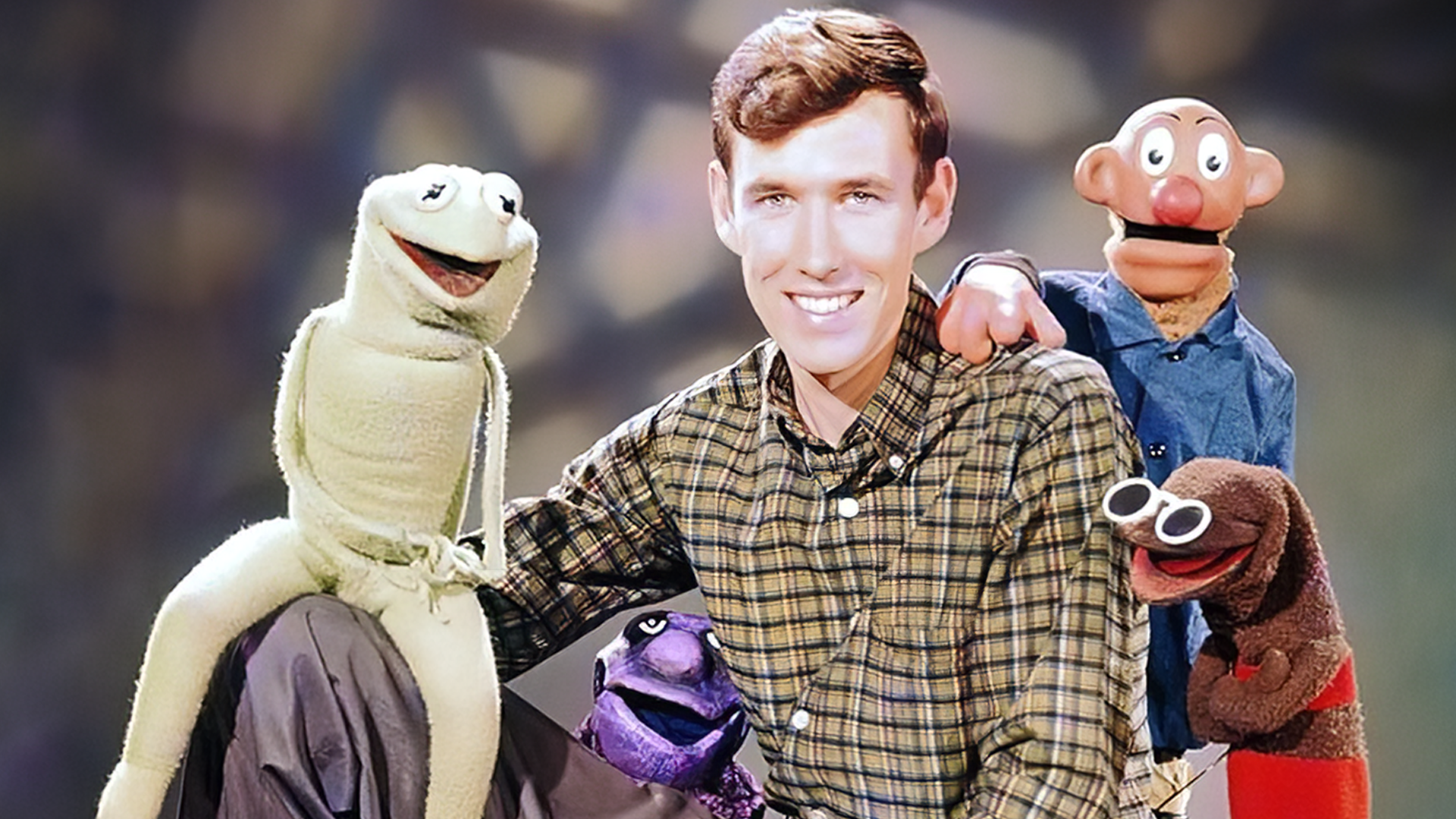Chapter 2
The FCC ruling that realigned certain large television markets and opened up licenses in four-VHF markets to commercial usage eliminated one substantial threat to DuMont's survival, but storm clouds still loomed on the horizon. DuMont was still the only major network that had no ties to the radio industry, eliminating a major source of funding, programming, and affiliated companies that could bid for licenses in markets just being opened up after the end of the freeze. Furthermore, Paramount continued to insist on using its two O&O stations to flagship its Paramount Television Network programming service, which blocked DuMont from acquiring additional O&Os to come up to the five-channel limit imposed by the FCC. DuMont's ace-in-the-hole of owning the only VHF station in Pittsburgh helped it to survive this tumultuous period by allowing it to negotiate airtime for its programs in exchange for giving the other networks airtime in Pittsburgh, but even this would eventually run out as additional VHF licenses would come online in the market in the years after the freeze ended.
What would come to almost be the last straw would come in 1953 as equally-struggling ABC would agree to merge with United Paramount Theaters. This would give ABC an infusion of cash and connections in Hollywood that would nearly put it on part with the Big 2 and overwhelm the resources DuMont had at the time. When the Justice Department had hearings to approve the merger DuMont at first argued that it should be disapproved based on the questions of whether UPT and Paramount were truly separate as the government has required as a result of the antitrust case against the major movie studios, but then Goldstein had an epiphany[1] and instead motioned that as a corollary to the merger's approval, that Paramount be required to divest itself of its shares of DuMont, as the risk that a not-truly-separate Paramount could dominate two networks at the same time. The Justice Department agreed with this argument and when the merger was approved, Paramount was given six months to find a buyer for its shares in DuMont.
A ready and eager buyer was found in General Tire, the new owner of the Don Lee system of radio stations on the West Coast, majority investor in the Mutual Broadcasting System radio network, and owner of the RKO Telepictures movie studio. Mutual had been rumored to have interest in launching a TV network earlier in the decade, but decided against it because of the crowded market and lack of VHF licenses in major markets. Now Mutual would be affiliated with a preexisting network. This would give DuMont access to Mutual programming such as Leave it to the Girls, an early daytime talk show, makeover show Queen for A Day, and The Lone Ranger. It would also give it relationships with radio stations that could bid for affiliate licenses, and a way to bundle radio and TV transmissions to meet AT&T's requirement that DuMont pay for radio transmissions. General Tire's broadcasting division also already owned five TV stations of its own, KHJ in Los Angeles, WNAC in Boston, WOR in New York, WHBQ in Memphis, and CKLW in Windsor, ON. RKO General would divest WOR and WHBQ to German-American investor John Kluge to stay under the 5 station limit, while using the Canadian station across the river from Detroit as a backdoor 6th O&O.
[1] Once again, Thomas Goldstein argues a case in court instead of DuMont, and is able to take advantage of a situation that could work out to DuMont's detriment to instead make an important gain.
***
Alright, there's Chapter 2, covering how DuMont is able to find a corporate partner to ensure its survival through the end of the turbulent '50s. Next I plan on doing the supplemental that will cover changes to station affiliations and license assignments in important markets, then I'll show what DuMont has been putting on the air in terms of shows throughout the '50s.
